Episodes
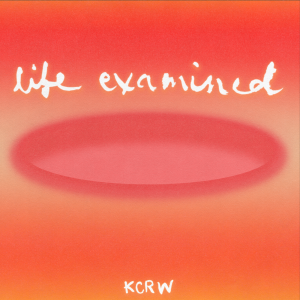
Saturday May 21, 2022
Saturday May 21, 2022
For hundreds of years, doctors and scientists have grappled with understanding schizophrenia. It’s a mysterious mental illness characterized by delusions, hallucinations, paranoia, and disorganized speech. Understanding what caused the condition remained rudimentary, and there was a period when therapists blamed parents, and especially mothers, for contributing to the condition. KCRW hears the heartbreaking yet ultimately inspiring story of the Galvin family, where six out of their 12 children developed schizophrenia. Also, mapping the human genome has ushered in a massive sea change in the diagnosis and treatment of psychiatric disorders, helping put mental illness and schizophrenia in the mainstream of biomedical research. *This episode originally aired on March 12th, 2021
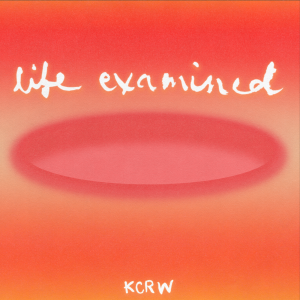
Saturday May 14, 2022
Saturday May 14, 2022
Jonathan Bastian talks with writer, lecturer, and author Susan Cain about the sweet joy of sadness. Cain, author of “Bittersweet: How Sorrow and Longing Make Us Whole,” reflects on the touch of sweetness that comes from sadness and despair and shares how a greater acceptance of these emotions can be beneficial and even therapeutic. Delve deeper into life, philosophy, and what makes us human by joining the Life Examined discussion group on Facebook.
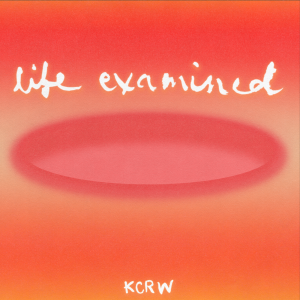
Saturday May 07, 2022
Saturday May 07, 2022
Jonathan Bastian talks with Florence Williams, science writer and author of “Heartbreak: A Personal and Scientific Journey,” about the pain that comes with a breakup and why it’s so hard to move on. Later, Sandra Langeslag, associate professor of psychological sciences at the University of Missouri-St. Louis and Aimee Lutkin, writer, performer, and the author of “The Lonely Hunter: How Our Search for Love Is Broken: A Memoir,” discuss the cure for heartbreak and misconceptions about coupledom.
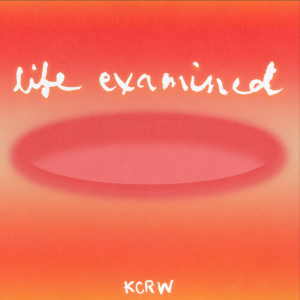
Saturday Apr 30, 2022
Saturday Apr 30, 2022
Jonathan Bastian talks with writer Johann Hari about our diminishing ability to focus. Hari, author of “Stolen Focus: Why You Can’t Pay Attention — and How to Think Deeply Again,” shares how our modern lifestyle, from phones and food to sleep and technology, is impacting our levels of concentration, with research showing that juggling from one task to another comes at a cost.
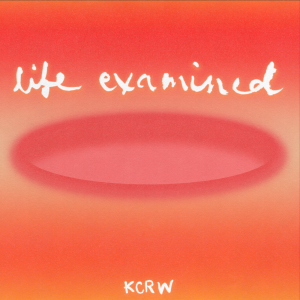
Saturday Apr 23, 2022
Saturday Apr 23, 2022
Psychedelic drugs can induce profound spiritual and mystical connections. We explore how these experiences positively impact mental health and the therapeutic value of ketamine.
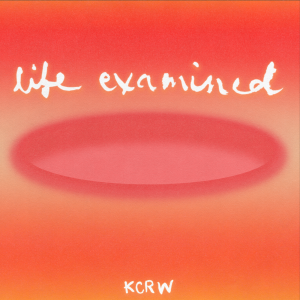
Saturday Apr 09, 2022
Saturday Apr 09, 2022
History is full of examples of mortals unintentionally mistaken for gods. So why do we see godliness in others, and what if we had a divine counterpart within ourselves?
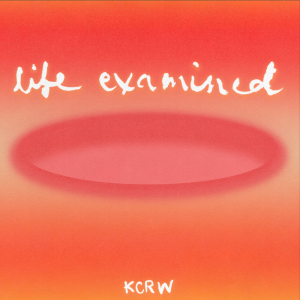
Saturday Apr 02, 2022
Saturday Apr 02, 2022
Jonathan Bastian talks with Meghan O’Rourke, writer, poet, and author of “The Invisible Kingdom: Reimagining Chronic Illness,” about her 11-year search to find out what was wrong with her. Later, David Agus, professor of medicine and CEO of the Lawrence J. Ellison Institute for Transformative Medicine at the University of Southern California, explains autoimmune disease, long COVID, and what the future holds for diagnosis and treatment.
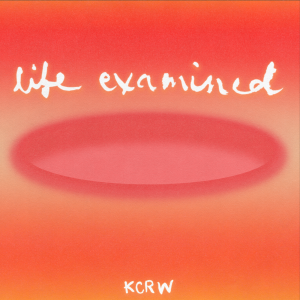
Saturday Mar 26, 2022
Saturday Mar 26, 2022
KCRW’s Jonathan Bastian talks with behavioral scientist Leidy Klotz about his new book ‘Subtract: The Untapped Science of Less.’ Klotz explains why we need to re-examine our human desire for more, more, more, and why it often prevents us from seeing the easier and more effective solutions. We also hear from Vanessa Patrick, professor of marketing at the University of Houston, on the art and language of saying “No.” Writer Simon Usborne reflects on how gymnast Simon Biles’ and tennis player Naomi Osaka’s decisions to say “No” impact the world of sports and elite athletes, and ultimately, on ourselves.
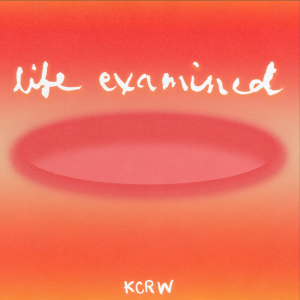
Saturday Mar 19, 2022
Saturday Mar 19, 2022
Delve deeper into life, philosophy, and what makes us human by joining the Life Examined discussion group on Facebook.
Jonathan Bastian talks with Laurie Santos, cognitive scientist and professor of psychology at Yale University and host of “The Happiness Lab” podcast about her research into the science of happiness. Later, Will Davies, professor of political economy at Goldsmiths University of London and author “The Happiness Industry” discusses why we are so interested in measuring happiness in the first place.
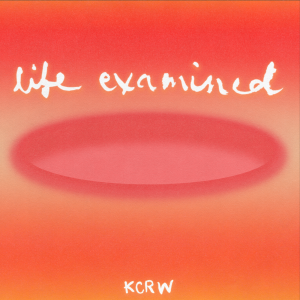
Saturday Mar 12, 2022
Saturday Mar 12, 2022
Jonathan Bastian talks with George Makari, historian and author of “Of Fear and Strangers: A History of Xenophobia,” about the origins of xenophobia and why people get gratification from hate. Later, Alexis Okeowo, staff writer at The New Yorker and author of “A Moonless, Starless Sky,” and Danish documentary filmmaker Simon Lereng Wilmont discuss the reality of refugee camps and children stuck in war zones.


